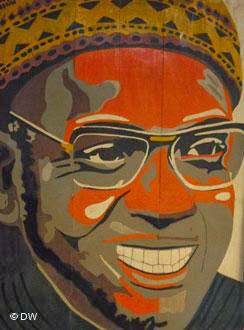Amilcar Cabral's Pedagogy of Liberation Struggle and His Influence On FRETILIN 1975-1978

By Antero Benedito da Silva Ilustrasi: http://camalees.wordpress.com Amilcar Lopes Cabral (1924-1973) founded the Partido Africana da Independencia da Guinee e Cabo Verde (PAIGC) in 1956, and remained the head of the Party until he was tragically shot dead by Kani Inocencio, a corrupted former PAIGC comrade, in Conakry, 20 January 1973 (Chilcote 1999:xxxi). This study examines Amilcar Cabral as both a political leader and as a popular educator, and his influence on the Timorese struggle for independence. Paulo Freire, acknowledged as the leading figure in popular education in the 20th century, once commented that for Cabral, words are always in dialectical unity between action and reflection, theory and practice‘ (cited Davidson 1979:35). George Aditjondro, a left intellectual in Indonesia, has argued that the theory and praxis of Cabral and his independence movement became a primary source of inspiration for FRETILIN. In particular, Adjitondro argues that the establis...